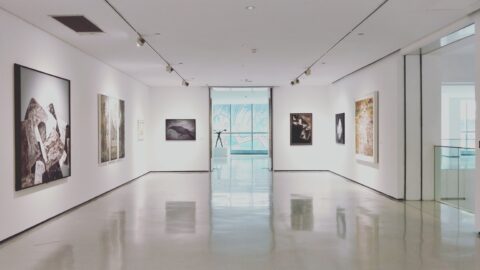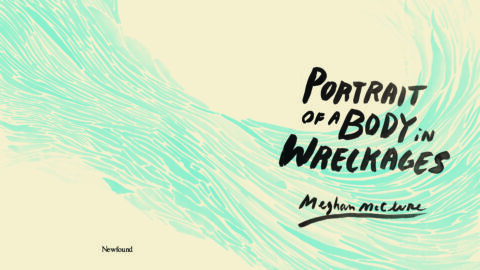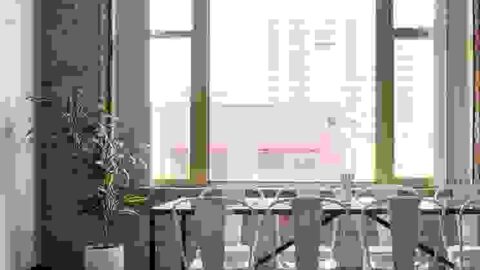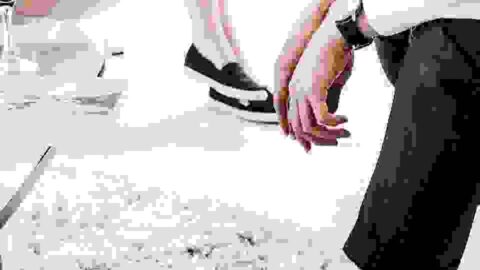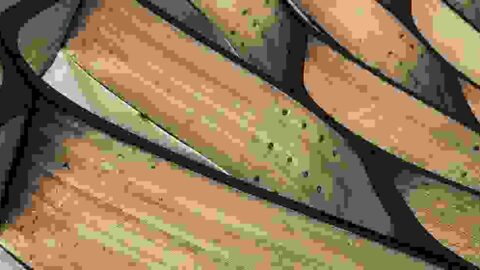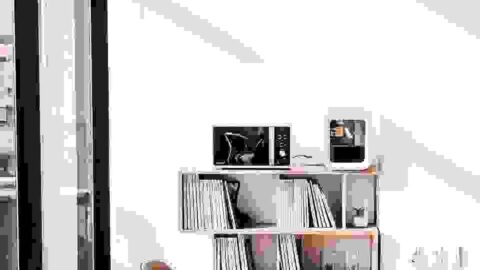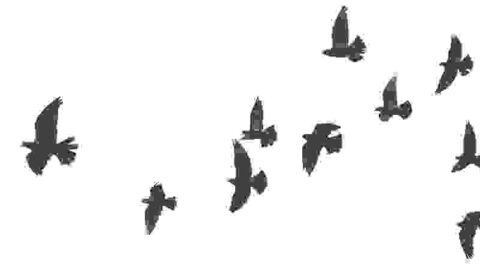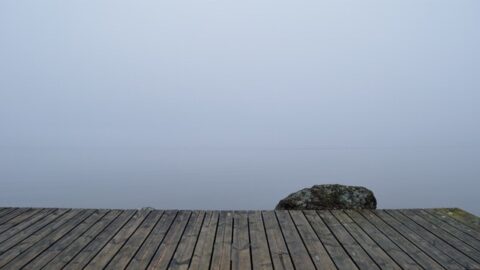Transgressions of Place in Poetry: Eiríkur Örn Norðdahl Talks Translation
Eiríkur Örn Norðdahl is an award-winning Icelandic writer and translator based in Ísafjörður, Iceland. Long noted as an experimental poet, he has become one of Iceland’s foremost prose writers, and has translated over a dozen books into
Prism of Poetry: An Interview with Illustrator and Designer LK James
The Prose Chapbook
We’re proud of our chapbooks. Each is the result of collaboration between the author, designer and the press. Quality papers, original design, hand binding and of course knockout content are our markers of excellence.
Today I want to share our process of making chapbooks that approach novella-length page counts, which we make for winners of our Newfound Prose Prize. Whether you’re a curious writer or a budding press, I hope you enjoy this look into our work.
Hidden Romanticism in the “Post Human” Poetry of Nate Pritts
It is impossible to deny that recent technological developments in biotechnology, cognitive science and “big data” infrastructure have made us, as a civilization and as artists, aware of all that is problematic in technology. We may call this movement toward introspection “post-humanism,” an exploration of technology’s advancements and controversies. This philosophy began as a niche within feminism from Firestone to Haraway, then existed in the cult realm of trans-humanism or as a science-fiction fixture.
Jessica Bell’s Memoir “Dear Reflection”: Self-Discovery Amidst a Dysfunctional Family
On the surface Jessica Bell’s life seems like an envious one, being born into a house of indie rockers and growing up to become a writer, publisher and artist. But a closer look at her life, at least the one that she offers readers in her memoir “Dear Reflection: I Never Meant to be a Rebel” (Vine Leaves Press, 2017), reveals it to be one big fucking mess (to put it lightly).
Page builder post layout
Swimming beneath the ocean
Sounds from Earth
There’s video in this post
Post with comments disabled
Comments example
Formats button styles preview
Style guide
No post formats, how come?
Risqué Poetry is Not So Novel: Notes on the Gathasaptasati of Satvahana Hala
The Gathasaptasati is a volume of poetry, mostly written by women, and was supposedly collected and edited by the Satvahana king, Hala.
Ezra Dan Feldman’s Habitat of Stones
Ezra Dan Feldman’s poetry collection “Habitat of Stones” (Tebot Bach, 2016) is tied together by a certain “arrogant man.” This recurrent theme throughout the collection also bumps up against notions of the body: its finitude, its mortality and the struggles and regret of intimate relationships.
Dust & Soil
Dust connotes decay, lifelessness and ephemerality. It symbolizes the cyclical nature of the ecosphere.
Dust in my imagination is more humble. It is not the fascination with cyclical history that attracts me to it but rather the mundane, everyday-ness of it.
Guilt and Redemption in “Disinheritance” by John Sibley Williams
The poetry collection “Disinheritance” by John Sibley Williams (Apprentice House, 2016) carries a sense of weight and burden of many kinds but primarily of the private kind, of private memories, histories, families, of the past, present and the future.
Nada Faris’s “Fountain of Youth”: A Collection of Fiery Poems
We do judge books by covers and blurbs even though we are taught not to do so early in childhood. The blurb of Nada Faris’s new collection of poetry “Fountain of Youth” (Vine Leaves Press, 2016) introduces her as a poet from Kuwait and a person associated with Iowa University’s International Writing Program. My only introduction to Kuwait has been through the electronic music of Fatima Al Qadiri (in many ways a true contemporary to Faris). I had no clue what was in store.
Timely Cinema from Greece: Yannis Sakaridis’s “Amerikan Square”
After this year’s Kolkata International Film Festival, the film that has stayed with me is a Greek film, Yannis Sakaridis’s “Amerikan Square.” The film covers a thorny political theme within the ambit of a genre film, roughly that of black comedy. In many ways, it’s a film that one could imagine Coen brothers to make if they were to explore the contemporary European political landscape.



